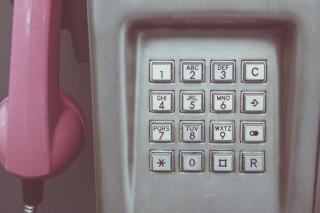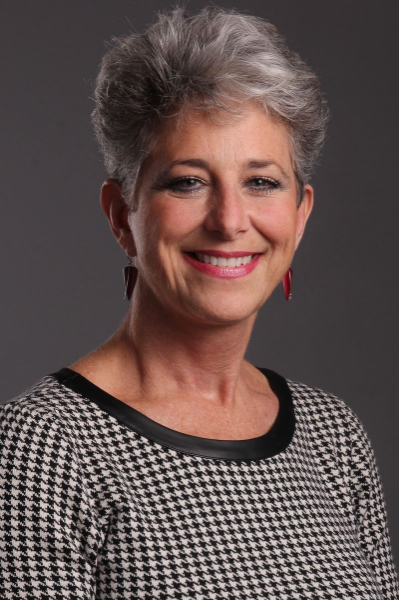 You might think that any doctor seeing patients over a certain age would automatically screen for Alzheimer’s or other dementia-related diseases, but until now that has not been the case.
You might think that any doctor seeing patients over a certain age would automatically screen for Alzheimer’s or other dementia-related diseases, but until now that has not been the case.
Starting in January, Medicare will now begin reimbursing doctors for screening and providing information about care planning for patients with Alzheimer’s and other cognitive impairment diseases. What seems like common sense public health policy, took many years of advocacy from patient groups.
Santa Cruz Sentinel’s recent article, “Diagnosing Alzheimer’s: Medicare now pays doctors to stop and assess memory loss,” reports that more than 5 million Americans are living with Alzheimer’s, and as many as 16 million will have the disease in 2050. The cost of caring for those with the disease and other types of dementia is also skyrocketing. In the U.S., it’s estimated to total $236 billion in 2016 and is anticipated to increase to $1.1 trillion by 2050.
 Houston Estate Planning and Elder Law Attorney Blog
Houston Estate Planning and Elder Law Attorney Blog










